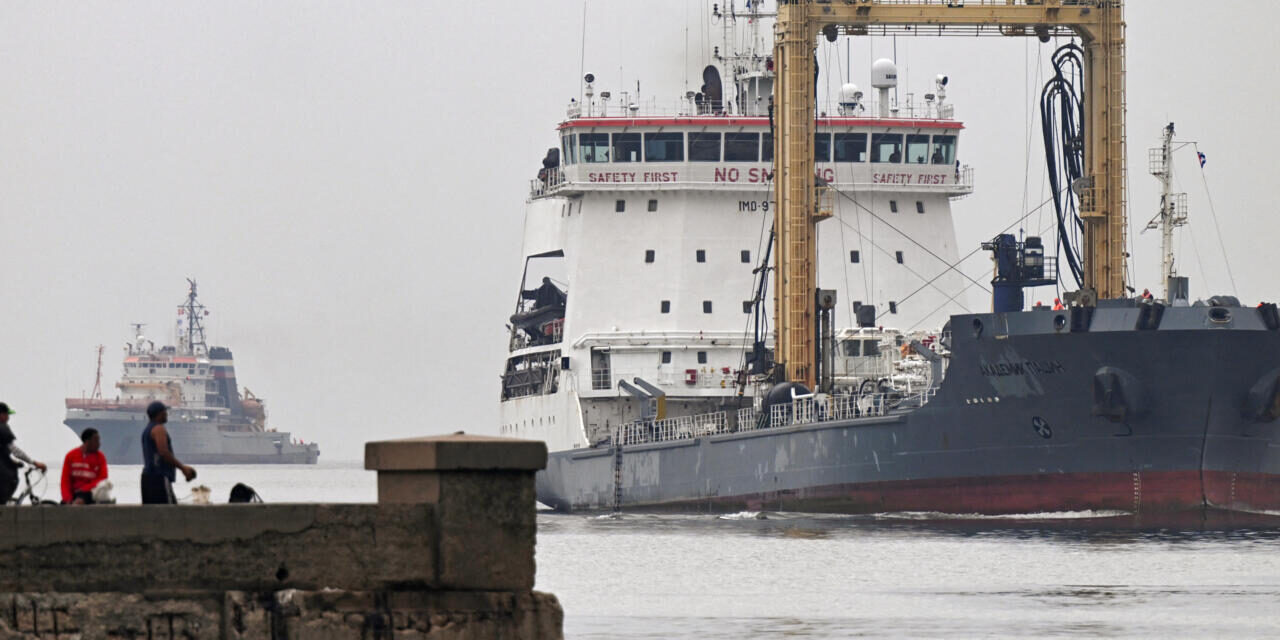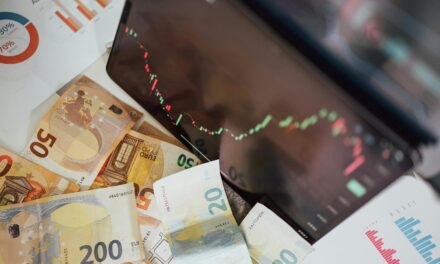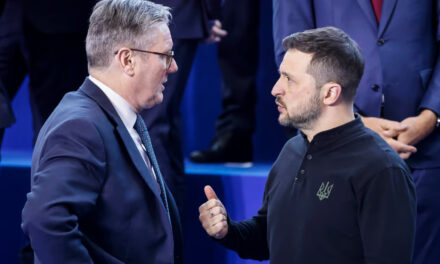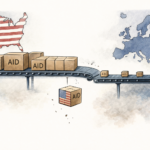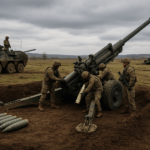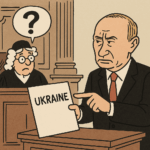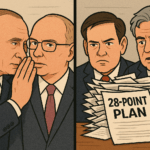On 20 May 2025 the Council of the EU approved its 17th sanctions package in response to Russia’s war, framing it as the most far-reaching round since the invasion because it simultaneously tightens economic screws and expands designations across multiple legal regimes. consilium.europa.eu A central focus is the “shadow fleet” that ferries Russian oil outside established compliance channels. The EU doubled the number of listed vessels by adding 189 ships—mostly third-country flagged—to reach 342 tankers now barred from EU ports and a wide range of services. eur-lex.europa.eu It also blacklists enablers in that ecosystem, including shipping firms in the UAE, Türkiye and Hong Kong, as well as one major insurer, and designates Surgutneftegaz and a key Russian oil shipper to strike revenue streams that fund the war. consilium.europa.eu Brussels says the oil price cap and shadow-fleet measures have already shaved an estimated €38 billion from Russia’s takings, with March 2025 revenues down 13.7% versus March 2023 and 20.3% versus March 2022. consilium.europa.eu Beyond energy, the package deepens constraints on Russia’s military-industrial base. More than 45 companies and individuals supplying drones, weapons, ammunition, critical components and logistics are sanctioned, alongside industrial enablers—including Russian and Chinese entities—selling machine tools to Russia. consilium.europa.eu The EU added three Chinese entities (including state-owned), one Belarusian and one Israeli firm for providing critical components, especially for UAV production, and placed a further 31 entities under tighter export controls for dual-use and sensitive technologies; several are located in Serbia, the UAE, Türkiye, Vietnam and Uzbekistan and are cited for helping to circumvent restrictions, notably on UAVs and CNC machine tools. eur-lex.europa.eu To choke the supply chain, the EU also widened export bans to include chemical precursors to energetic materials and spare parts for machine tools. eur-lex.europa.eu The measures reach into occupied territories as well—hitting networks tied to the looting of cultural heritage in Crimea and the illegal exploitation of Ukrainian agricultural output. consilium.europa.eu In total, 75 new listings (17 people and 58 entities) were added under the Ukraine territorial-integrity regime, bringing the cumulative EU sanctions roll to more than 2,400 names; natural persons face travel bans in addition to asset freezes, and EU persons are barred from making funds available to those listed. consilium.europa.eu The 17th package sits alongside parallel EU actions targeting Russia’s hybrid activities, domestic human-rights abuses and the use of riot-control agents in Ukraine, underscoring a strategy that blends financial pressure with supply-chain denial and accountability measures.
EU’s 17th Russia sanctions hit shadow fleet and oil revenues
